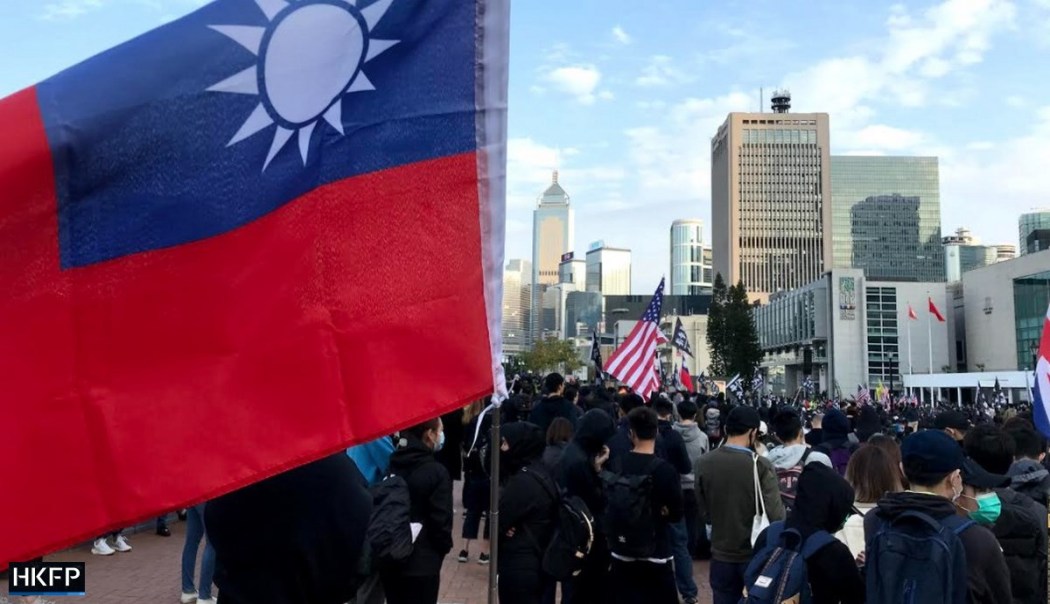The Economist‘s cover story this week labelling Taiwan as “the most dangerous place on Earth” has received pushback from Taiwanese Twitter users, who criticised the article as being alarmist.

The article raised concerns over a potential conflict between the US and mainland China over the self-ruled island, calling on both superpowers to avoid war.
Some Taiwanese Twitter users expressed concern that the article reduced their home into a pawn for international affairs: “Most dangerous place on Earth is [in] the minds of Western elites who thinks Taiwan as nothing more than a problem to be ‘solved,'” Chieh-Ting Yeh, Vice Chairman of the Global Taiwan Institute.
Others made light of The Economist’s warning. One user tweeted pictures of popular Taiwanese food: “I totally agree with the Economist. Taiwan is the most dangerous place in the world if you’re trying to lose weight.”
The publication’s China affairs editor Gady Epstein tweeted that the headline was “dramatic” but said the article provided “a sober, informative analysis of a complex topic, from multiple angles.”
The piece comes amid growing fears Beijing will invade Taiwan as soon as it achieves the military ability to do so. In March, the US Chief of the Indo-Pacific Command Admiral Phil Davidson said he feared Beijing would attack the island within six years.
In response, three China experts wrote an op-ed for NPR warning against playing up the risk of war over Taiwan. “Hyping the threat that China poses to Taiwan does Beijing’s work for it. Taiwan’s people need reasons for confidence in their own future, not just reminders of their vulnerabilities,” the article read.
Beijing views democratic, self-governed Taiwan as one of its provinces and sees any diplomatic recognition by foreign powers of the Taiwanese administration as an attack on its sovereignty under its “One China” principle.
The US, meanwhile, acknowledges there is “One China” but continues to maintain unofficial diplomatic ties with Taipei.

The Chinese Communist regime has repeatedly voiced its intention to claim the island — by force, if necessary. Chinese military planes make regular incursions into Taiwanese airspace. A Reuters report last December found Beijing has started to launch “gray-zone warfare” in a attempt to exhaust the Taiwanese army.
China’s Ministry of Defence said on Friday that activity by US military ships and surveillance planes directed at China has increased under President Joe Biden’s administration, according to the Associated Press.
Support HKFP | Policies & Ethics | Error/typo? | Contact Us | Newsletter | Transparency & Annual Report | Apps
Help safeguard press freedom & keep HKFP free for all readers by supporting our team

LATEST FROM HKFP
HKFP has an impartial stance, transparent funding, and balanced coverage guided by an Ethics Code and Corrections Policy.
Support press freedom & help us surpass 1,000 monthly Patrons: 100% independent, governed by an ethics code & not-for-profit.










